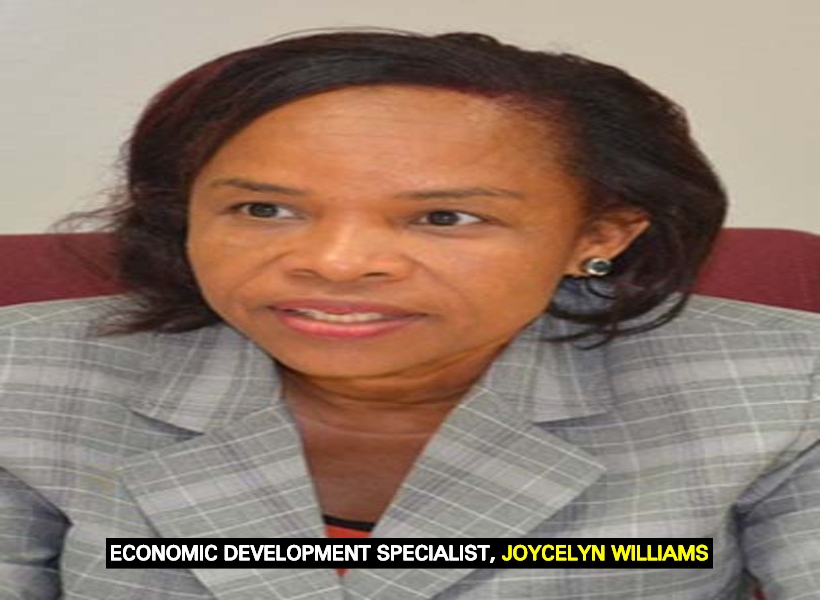The Guyana Revenue Authority (GRA) is yet to fix some of the fundamental issues related to tax administration. Yet, this very entity is racing to boost its capacity to audit the ever technical oil and gas sector. This perspective was recently pointed out by Economic Development Specialist, Joycelyn Williams during an interview with the Guyana Standard.
Williams pointed out that there is room for Guyana’s tax system to become less cumbersome, less complex, and more efficient, along with improvements in tax administration that can reduce noncompliance.
She emphasized that tax administration is currently hampered by the relatively low capacity of GRA, with inadequately skilled human resources, limited use of information and communication technology (ICT) to capture common and relevant information.
Moreover, the Specialist said that tax administration also shows up as a major constraint for Guyanese firms. She said, “To pay taxes, firms must spend 256 hours and make 35 payments annually compared to 195 hours and 25 payments annually by firms in the Rest Of Small Economies (ROSE). In addition, the Ease of Doing Business index shows that profit tax (percent) in Guyana is much higher than the average for the ROSE: 21.3 percent compared to 14.3 percent…”
Notwithstanding these challenges, Williams pointed out that the country has benefitted from advisory services from the Caribbean Regional Technical Assistance Centre (CARTAC) and has seen vast improvements post-global financial crisis. The former Tax Advisor to the United Nations also noted that GRA has benefitted from successive reforms and training to strengthen its organization, functionality, and efficiency. However, despite years of reform, Williams said it is disappointing to learn that tax compliance is still relatively low and overall administration, weak. In this regard, she also highlighted that the on-time VAT filing rate is 43 percent compared to the regional average of 62 percent. Williams stressed that Guyana’s percentile mark is below international standards of between 70–90 percent.
With the aforementioned in mind, the Economic Development Specialist said, “I believe that GRA is putting the cart before the horse. Get your systems right, get the fundamentals in order. If you don’t get it right, you will be trying to save tax dollars in one hand and losing billions more with the other. GRA has to bear in mind that the issues they continue to neglect will have a bearing on its success with oil and gas. If you can’t get simple tax administration issues right for more than 10 years, how can you be trusted with oil and gas accounting?”













